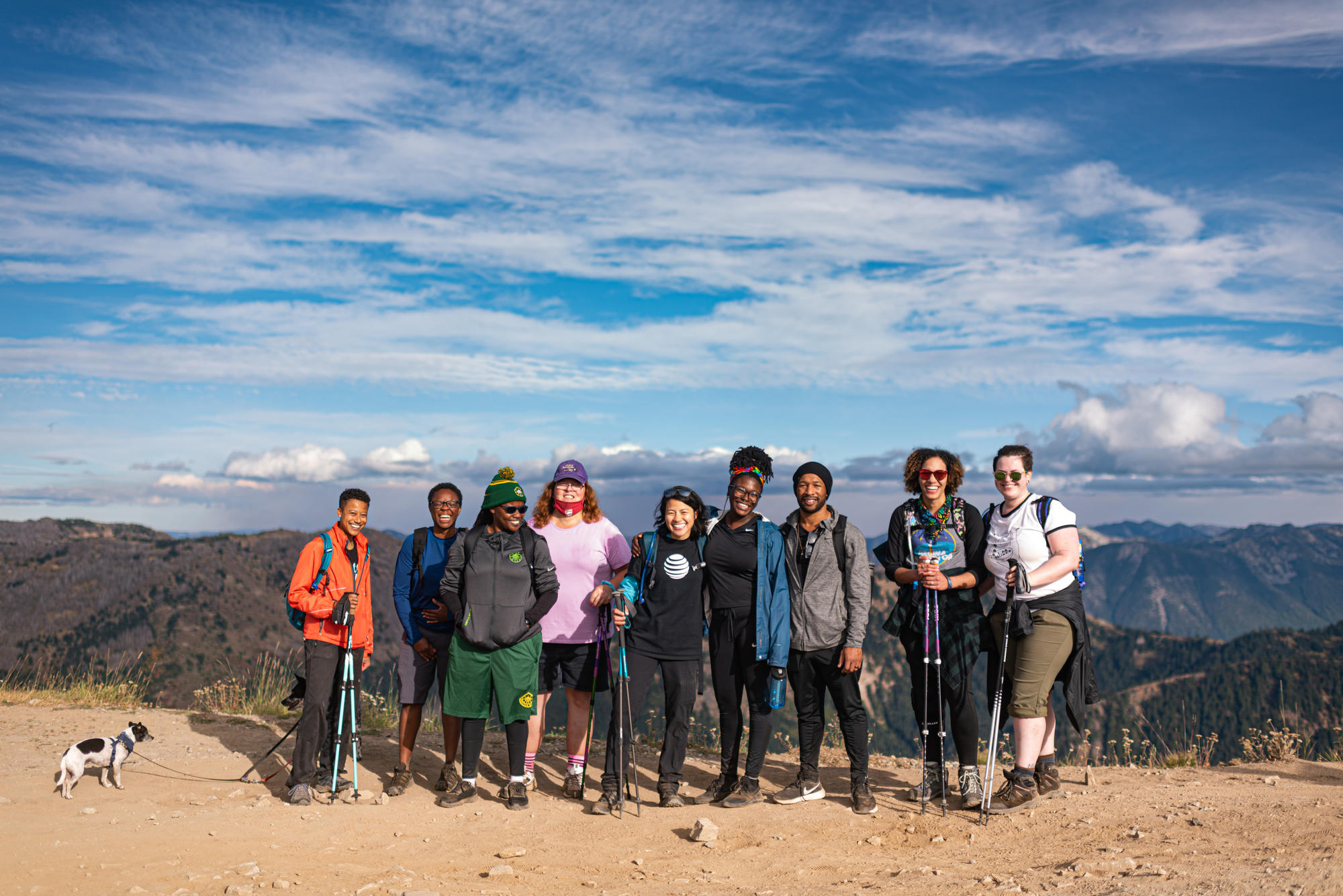
Historical racism in the outdoors
(This article is reposted from https://crosscut.com/equity/2022/08/meet-bipoc-groups-working-make-outdoors-accessible .)
The outdoors weren’t hard for BIPOC communities to access, but discriminatory practices and perpetuated cultural beliefs may have led them to become less accessible throughout U.S. history.
“When we think about the Great American cowboy, those folks were Black and Mexican,” Nuñez of CSU Fullerton said. “They weren’t necessarily the white cowboys that we see on the spaghetti westerns.”
The relationships between people of color and the outdoors evolved as powerful players in U.S. history shaped the country and its landscape in their favor.
The country’s first white settlers colonized Indigenous lands and communities; in the 19th century, some white people romanticized the outdoors in contrast to urban areas, which were largely populated by people of color and immigrants and often viewed as unsanitary. Even President Theodore Roosevelt’s dedication to the national parks system reflected a desire to keep masculinity alive specifically among white men, Krymkowski said.
Such discrimination and exclusion throughout history have left Black communities with fewer opportunities to explore interests in outdoor activities like hiking, he said.
The legacy of these patterns still show today. Over the years, Black Americans age 29 and older faced higher drowning death rates than their white counterparts, a fact Krymkowski said ties directly back to segregationist policies governing swimming pools.
Incidents like the 2020 racial profiling of New York City bird watcher Christian Cooper, on whom a white woman called the police, reveal to some a pattern of continued racism in the outdoors.
For many communities of color, the outdoors can also represent a real danger.
“I’m from the South,” Powell of the Refuge Outdoor Festival said. “We had really some severe ramifications if you went into the woods alone. Or people were taken into the woods alone and came back – if they came back – traumatized.”


